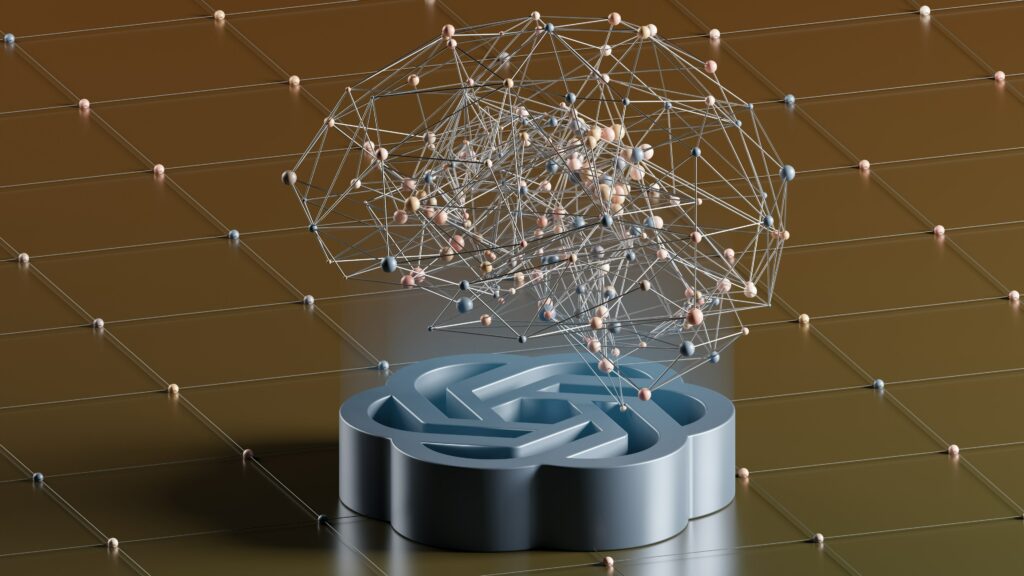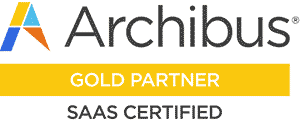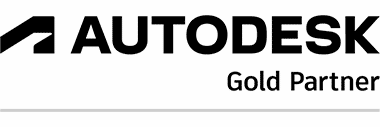The architecture, engineering, and construction (AEC) industries have witnessed a remarkable transformation with the advent of Autodesk Revit, a leading Building Information Modeling (BIM) software. Revit has streamlined management, building, and design processes, revolutionizing the way projects are executed. In a groundbreaking development, the integration of Chat GPT (Generative Pre-trained Transformer) takes Revit to new heights of intelligent workflow automation. This article delves into the myriad benefits and practical implementations of Chat GPT, shedding light on how it simplifies and enhances Revit workflows.
Real-time Collaboration
One of the standout advantages of combining Chat GPT with Revit is the facilitation of real-time collaboration among team members. Within the Revit environment, Chat GPT functions as an interactive chatbot, fostering seamless communication. This integrated chat system allows team members to discuss design modifications, provide feedback, and address other critical matters without the need to switch between multiple platforms or applications. Consequently, communication is improved, and decision-making is expedited, leading to reduced project delays.
Automated Design Changes
The integration of Chat GPT into Revit simplifies the process of automating design modifications. Leveraging its natural language processing capabilities, Chat GPT enables users to specify desired updates or corrections through the chat interface. Subsequently, Chat GPT translates and seamlessly integrates these changes into the Revit model. This eliminates the need for repetitive manual tasks, reducing the potential for human error and freeing up valuable time. With automated design changes, designers can iterate and experiment with design options more efficiently.
Intelligent Recommendations
Chat GPT within Revit possesses the ability to evaluate a user’s design concept, grasp project constraints, and provide intelligent design suggestions. By utilizing machine learning capabilities, Chat GPT can offer optimized design solutions, material selections, or construction system components based on specified parameters. This data-driven decision-making process not only enhances design quality but also empowers designers to navigate complex challenges more effectively, ultimately saving time.
Query & Solution
Revit users often encounter queries regarding software tools, functionalities, or troubleshooting. Chat GPT acts as a virtual assistant, delivering instant responses to queries raised through the chat interface. Users can seek assistance on Revit tools, commands, or best practices by interacting with Chat GPT. This reduced reliance on external support channels ensures that users can swiftly resolve issues within the Revit environment, minimizing disruptions in their workflow.
Workflow Optimization
The integration of Chat GPT goes beyond collaboration, design automation, and intelligent recommendations; it also optimizes Revit workflows. Chat GPT has the ability to recognize repetitive user actions and offer automation solutions. For instance, it can identify frequently used design templates or create libraries of standard components, simplifying otherwise tedious tasks for designers. Furthermore, Chat GPT can assist in managing clash detections or running simulations, ensuring smoother workflows and heightened productivity.
How can Robotech Help to Enhance
The integration of Chat GPT with Autodesk Revit marks a significant step forward in smart workflow automation. Enhanced collaboration, automated design changes, intelligent recommendations, instant query resolution, and workflow optimization capabilities empower Revit users to streamline their tasks, boost productivity, and allocate more time to creative design explorations. As technology continues to evolve, Chat GPT’s potential to increase efficiency and provide valuable insights will play a pivotal role in unlocking the full potential of Revit for efficient BIM-based design and construction processes. The AEC industry is on the cusp of a new era, where Chat GPT is at the forefront of innovation, transforming the way professionals work and collaborate in the built environment.




